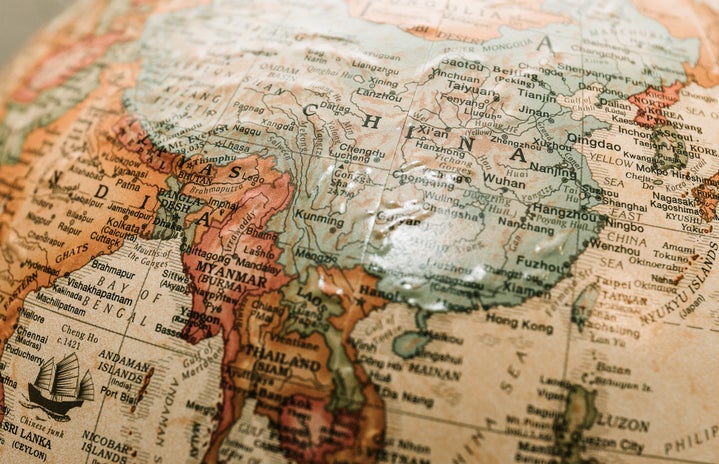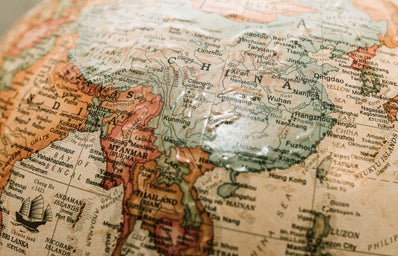Since March 2021, Russia amassed military bases in Crimea, Belarus and Eastern Russia, surrounding the Ukrainian border. Despite Russia’s President Vladimir Putin denying any plan for invasion, satellite images showed Russia’s steady encroachment around Ukraine, mounting concerns by the international community. The Ukrainian government simultaneously prepared its military to thwart Russia’s potential threat. On Feb. 24, the projections came to fruition, and Russia launched its invasion of Ukraine. As of the end of Feb. 24, Russia has seized Chernobyl nuclear site, launched attacks on multiple cities, including the capital, Kyiv.
Tensions between Russia and Ukraine have been mounting for years, with the Russian annexation of Crimea, Russian-backed separatist control in the Donbas region, and Ukrainian effort to join the North Atlantic Treaty Organization (NATO). Putin sees “the forceful containment of Russia [Ukraine joining NATO] as a direct and immediate threat.” Ukraine serves as a geographic buffer between NATO countries and Russia, and joining NATO threatens Russian attempts to isolate its adversaries. Another pressing concern for Putin is NATO’s Article Five on collective defense. This article would allow significant strength to the Ukrainian military and defense. Continuing to allow former Soviet states into NATO would complicate Putin’s ambitions to expand and create a Soviet Union-like state.
To pressure Russia to pull back from its Ukrainian attack, several nations have expanded sanctions. The United States, for example, has imposed heavy sanctions to destabilize Moscow’s economy, targeting their main development bank, VEB and military banks. The country also targeted technology and aerospace industry by cutting off Russian imports on semiconductors, computers, lasers and telecommunications equipment.
While it is still in talks between the United States and other Western democracies to ban Russia from The Society for Worldwide Interbank Financial Telecommunication (SWIFT) financial system, a decision has not been reached. This is considered a “nuclear option” and it would shut Russia from doing any business in dollars and isolate them from the global financial market. The argument against this sanction is Russia resorting to a closer relationship with China. It could also hurt neighboring economies, such as European economies. The biggest is Russia attempting other forms of currency such as cryptocurrency and evading sanctions completely.
The European Union (EU) also imposed heavy sanctions on any country that recognizes the Donbas region, are banning access to Russia to access in trade, financial and capital markets. The United Kingdom also targeted Russian banks, freezing assets of those close to Putin. Japan, Australia and Canada are among other countries to impose sanctions.
These governments will continue to attempt to impose sanctions to destabilize Russia. This will be their primary tool to punish Russia’s actions in Ukraine, no military action is on the books unless Russia expands into NATO territory.
China and Russia have been closed allies in recent years. They announced a “No Limits” agreement during the 2022 Olympics to strengthen relations against the West. This alliance goes by the idea of standing collectively against the Western threat. However, China’s President Xi Jinping is skeptical to take an active stance on Ukraine, not intending to become involved militarily. President Xi Jinping is firmly against Ukraine joining NATO, not being too keen on their Eastern expansion. But China is also a trading partner with Ukraine and has been in favor of their independence.
China is also a trading partner with Russia, reaching a record $140 billion in a trade last year. With the Russian economy being isolated through sanctions, this can impact the Chinese economy. This puts China in a difficult spot where they are interested in standing against the West but is also not in support of the Ukrainian invasion. For now, it is likely China will continue its vague rhetoric, and will likely prioritize a Russian alliance against the West. China is also looking at this situation to assess the West’s reaction and strategically move into Taiwan.
Want to see more HCFSU? Be sure to like us on Facebook and follow us on Instagram, Twitter, TikTok, YouTube and Pinterest!

